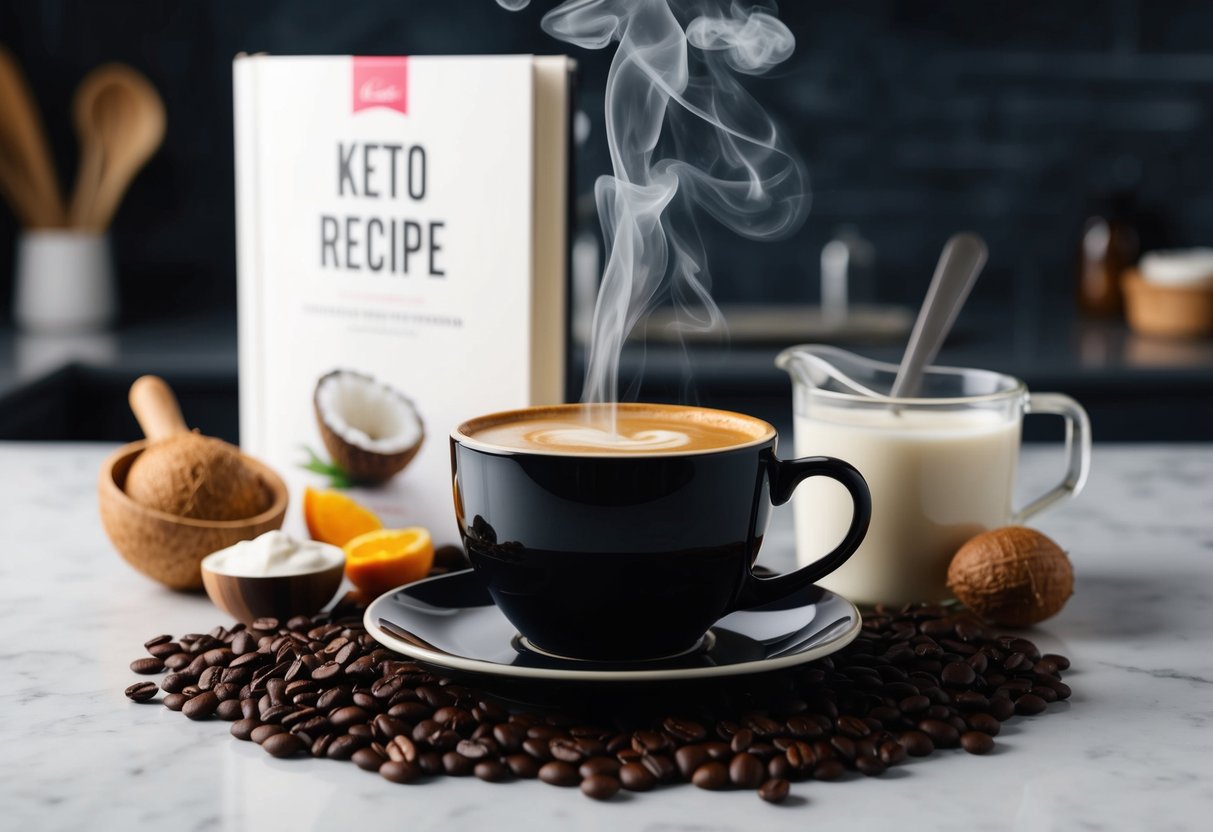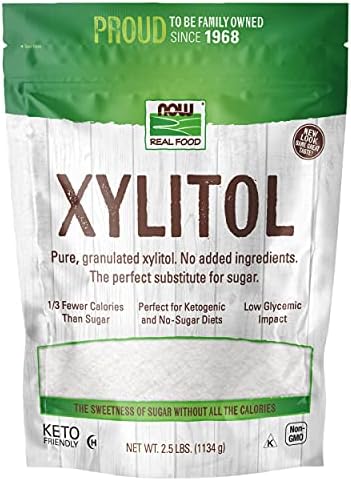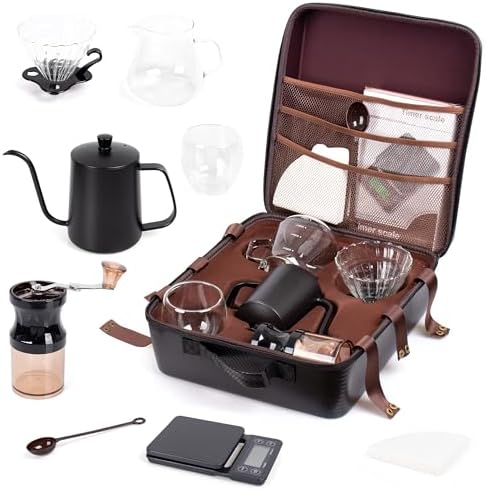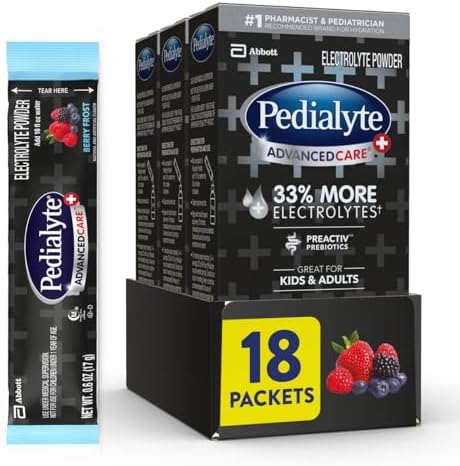Coffee on Keto: Master the Art of Keto-Friendly Brews
This post may contain affiliate links. If you purchase through these links, I may earn a small commission at no extra cost to you. LEARN MORE.
For those following a keto diet, coffee can be more than just a morning ritual; it becomes a vital ally in maintaining daily routine and energy levels.
Many worry, though, about staying within keto guidelines while enjoying their coffee. The secret to enjoying coffee on a keto diet is choosing keto-friendly ingredients that keep carbohydrate intake low while still providing flavor and richness.
Fortunately, there are plenty of ways to enjoy your favorite brew without compromising your dietary goals.

Finding the right balance is crucial.
From adding heavy cream instead of milk to incorporating flavor enhancers like vanilla extract or sugar-free syrups, the options for keto coffee are vast.
These choices make it simple to customize a brew that satisfies personal preferences while aligning with keto principles.
Understanding how coffee fits into the keto lifestyle can enhance daily enjoyment without guilt.
Whether using a classic French press or favoring cold brew, focusing on the right combinations can make all the difference.
New to keto? Start with our Custom Keto Diet Explained for Beginners guide.
Key Takeaways
- Choose ingredients that align with keto friendliness and low carbs.
- Brewing techniques can enhance flavor without breaking your keto regimen.
- Integrating coffee into the keto diet can be both energizing and satisfying.
Understanding the Connection Between Keto Diet and Coffee

The keto diet and coffee can go hand-in-hand for those seeking to boost energy and focus. Coffee, when consumed without high-carb additives, can support ketosis and offer several benefits.
The Basics of Ketosis and Keto Diet
Ketosis is a metabolic state where the body uses fat instead of carbohydrates for energy. This shift occurs when carb intake is low, inducing the liver to produce ketones from fat.
Ketogenic diets emphasize low carbs and high fats to maintain this state.
When carbohydrates are reduced, blood sugar levels stabilize, leading to sustained energy.
Maintaining ketosis requires careful food choices, making coffee a potential ally if it’s consumed properly.
Learn the basics in our Keto Diet for Beginners article to kick start your keto journey.
The Role of Coffee on Keto
Coffee is naturally low in carbohydrates, making it compatible with the keto diet.
Black coffee, cold brew, and bulletproof coffee can fit seamlessly into a keto lifestyle.
The inclusion of keto-friendly additives like MCT oil, butter, or heavy cream can further enhance its benefits without disrupting ketosis.
Coffee consumption supports energy needs and provides mental clarity.
By avoiding sugary additives, coffee can be a valuable part of a ketogenic diet, promoting sustained focus and alertness.
Effects of Caffeine on Ketosis
Caffeine, a natural component of coffee, is known to increase alertness and concentration. It may also enhance the production of ketones, supporting ketosis.
However, caffeine’s effect on blood sugar levels can vary.
For most, caffeine helps maintain energy, but it might temporarily raise blood sugar.
Monitoring intake is wise to ensure it complements rather than disrupts ketosis.
Keto-Friendly Coffee Ingredients

Creating the perfect keto coffee involves adding ingredients that are low in carbs and high in healthy fats. These elements help maintain ketosis while providing energy and flavor.
Healthy Fats for Keto Coffee
MCT Oil is a popular choice for keto coffee. It’s a type of fat that can be quickly used for energy. Many people find that MCT oil helps with focus and mental clarity.
Another common fat source is grass-fed butter. It adds a creamy texture and rich taste to coffee. Grass-fed butter contains vitamins and healthy nutrients, contributing to the keto diet’s benefits.
Coconut oil is also used in keto coffee for its distinct flavor and potential energy-boosting properties.
It contains medium-chain triglycerides similar to MCT oil, although generally less concentrated.
Low-Carb Sweeteners and Flavorings
Sweeteners like stevia and xylitol offer sweetness without the carbs.
Stevia is a natural choice that doesn’t spike blood sugar, making it ideal for maintaining ketosis.
Xylitol, another sugar substitute, adds sweetness without excess calories.
Users should monitor portion sizes, as large amounts may cause digestive issues.
Additionally, sugar-free syrups in various flavors can enhance your coffee without adding carbs.
These options let you enjoy a flavored brew without breaking your diet.
Check out this ingredients from Amazon to prepare your favorite coffee.
Enhancing Your Brew with Supplements (Java Burn)
Java Burn is a supplement that some use to boost their coffee’s effects.
It’s designed to accelerate metabolism, complementing the goals of a keto diet.
Java Burn contains natural ingredients that may support energy levels and contribute to weight management.
It integrates seamlessly into a morning cup, bringing potential benefits like increased focus and energy.
While not essential, adding supplements like Java Burn can personalize the coffee experience for those seeking extra energy or weight management support.
Read our Java Burn Review for more details on boosting your keto journey.
Brewing the Perfect Keto Coffee

Keto coffee infuses your brew with healthy fats for energy and focus. Key variations include creamy bulletproof coffee, refreshing cold brews, and delightful specialty drinks.
Classic Keto Coffee Recipes
Classic keto coffee, often called bulletproof coffee, is a staple for those on a ketogenic diet.
This particular brew combines freshly brewed coffee with grass-fed butter or ghee and MCT oil.
Adding these healthy fats makes the coffee creamy while providing sustained energy and enhancing mental clarity.
To prepare, start with one cup of your favorite fresh black coffee.
Blend it with 1-2 tablespoons of butter and 1 tablespoon of MCT oil. Use a blender to achieve a frothy texture.
This aromatic, rich coffee not only tastes great but satisfies hunger, making it a popular choice for keto enthusiasts.
Cold Brew and Iced Coffee Variations
For hot weather or anyone who prefers a cool drink, keto-friendly cold brew coffee is an excellent option.
Start by grinding coffee beans to a coarse texture. Mix one part coffee grounds with four parts water in a mason jar or pitcher and let it steep in the fridge for 12-24 hours.
Serve it over ice with keto coffee creamers like almond milk or coconut cream.
Add sweet flavors without extra carbs by using sugar-free syrups.
Iced bulletproof coffee is made by blending the brewed cold batch with butter and MCT oil, giving a delicious twist on the traditional recipe.
Specialty Keto Coffee Drinks
Specialty keto coffee drinks like keto lattes and keto mochas offer a delightful escape into gourmet experiences.
A keto latte blends espresso or black coffee with steamed heavy cream or almond milk, offering a creamy touch.
For the keto mocha, simply mix unsweetened cocoa powder and a bit of stevia for sweetness.
These drinks maintain their low-carb status by avoiding regular sugar and high-carb additives.
Enhance flavors with keto-friendly additives such as vanilla extract, cinnamon, or sugar-free flavored syrups.
Each sip promises indulgence without compromising on diet goals, making these beverages perfect for daily enjoyment.
Wanna enjoy your coffee with some keto snacks? Check out our guide for 10 Quick and Easy Keto Snacks to go along with your coffee.
Benefits and Considerations

Coffee can be a beneficial part of a keto diet when consumed mindfully. It may aid in weight loss, improve mental clarity, and provide antioxidants. However, to enjoy these benefits, balancing coffee intake with proper hydration and electrolyte replenishment is crucial.
Health Benefits of Coffee in Keto
Coffee plays a key role in enhancing mental focus.
The caffeine in coffee acts as a stimulant, which can be especially helpful for those adapting to a low-carb lifestyle.
It boosts mental clarity, providing clarity and concentration that can be beneficial during daily activities.
A keto-friendly coffee can also support weight loss by increasing the metabolic rate.
Coffee has components like caffeine, which may speed up metabolism, potentially leading to more calories burned.
Additionally, coffee is rich in antioxidants, substances that help protect cells from damage and can improve overall health.
Another benefit is that coffee can curb hunger, helping people stick to their eating plans.
When coupled with keto-friendly fats like MCT oil or heavy cream, it can make for a satisfying and energy-boosting beverage.
Balancing Coffee Intake with Hydration and Electrolytes
While coffee provides many benefits, staying hydrated is equally vital.
Coffee is a diuretic, meaning it can lead to increased urination. This may result in loss of fluids and electrolytes, which are essential for maintaining balance in a keto diet.
Hence, drinking plenty of water helps offset any dehydration caused by coffee.
To compensate for electrolyte loss, it is essential to incorporate sources like sodium, potassium, and magnesium into the diet.
These can be found in foods or supplements and help sustain energy levels and bodily functions while on keto. Check out these best selling supplements from Amazon to assist you in your keto journey.
Lifestyle Integration

Integrating coffee into a keto lifestyle involves making mindful choices that align with both dietary goals and personal preferences.
Enjoying coffee while on a keto diet means considering factors such as morning routines, nutrition, and moderation.
Incorporating Coffee into Your Daily Keto Routine
Incorporating coffee into a keto morning routine can provide an effective start to the day.
Many opt for Bulletproof coffee, made from black coffee, butter, and MCT oil. This mix offers a high-fat boost to support the required keto macro balance.
Intermittent fasting practitioners may find that black coffee helps to extend their fasting period.
Caffeine can increase mental clarity, making it easier to focus during morning activities, whether work-related or fitness-oriented.
Choosing the right additions is key.
Options like unsweetened almond milk or heavy cream can keep carb counts low while enhancing flavor.
Being aware of portion sizes and staying mindful of additional calories helps maintain a nutrient balance.
For more delicious recipes and lifestyle tips, visit our Keto Recipe Ideas: Delicious Meals for a Low-Carb Lifestyle post.
Sustainable Keto Habits and Coffee Consumption
Sustaining keto habits involves integrating coffee in ways that support long-term dietary goals. Limiting sweeteners, even low-carb ones, prevents calorie creep that might disrupt keto progress.
Moderation is important to avoid excess caffeine intake, which can disrupt sleep patterns and lead to energy crashes.
Adapting coffee habits to suit a low-carb lifestyle allows more flexibility. For example, shifting to decaffeinated or cold brew options might be beneficial for those sensitive to caffeine or seeking variety.
Maintaining hydration by balancing coffee consumption with sufficient water intake supports overall health and wellness within the keto journey.
Adopting habits that accommodate both coffee and a high-fat, low-carb diet sets the foundation for sustained success.
Discover additional lifestyle tips in our Keto for Longevity guide.
Frequently Asked Questions
Keto-friendly coffee can be enjoyed by making certain adjustments like choosing the right sweeteners and creamers. Whether you’re crafting your coffee at home or ordering from a café, understanding keto guidelines helps in maintaining ketosis.
How can you make your coffee keto-friendly?
To make coffee keto-friendly, use low-carb ingredients. Black coffee is naturally low in carbs.
Add healthy fats like MCT oil or butter to boost energy. Sugar-free syrups or unsweetened cocoa powder can enhance flavor without adding carbs.
Which Starbucks drinks are suitable for a keto diet?
At Starbucks, you can order drinks like a plain brewed coffee or an Americano, both of which contain zero carbs. Customize with heavy cream or sugar-free syrups for added taste without extra carbohydrates.
What are your options for keto-compatible creamers in coffee?
Opt for heavy cream or coconut milk as keto-compatible creamers. Avoid regular milk and sugary creamers.
Look for products labeled “keto” or those using healthy fats without added sugars for a low-carb option.
Which sweeteners align with keto guidelines for use in coffee?
Choose sweeteners like stevia, erythritol, or monk fruit for keto coffee. These alternatives provide sweetness without increasing carbohydrate intake.
Avoid sugar and high-carb sweeteners to stay within keto limits.
Can you add milk to coffee while adhering to a keto diet?
Regular milk is higher in carbs, so it’s best to limit its use. Instead, opt for heavy cream or unsweetened almond or coconut milk to keep carb intake low while still enjoying creamy coffee.
What distinguishes keto coffee from regular coffee?
Keto coffee often includes added fats like MCT oil or butter, which regular coffee doesn’t typically have. This type of coffee is designed to provide energy and help maintain ketosis, unlike traditional coffee, which is usually just black or with cream and sugar.
Conclusion
Drinking coffee on a keto diet can be a satisfying experience. It offers an energy boost and mental clarity.
Coffee can fit well with low-carb lifestyles by choosing the right ingredients.
To make coffee keto-friendly, options like heavy cream or almond milk are excellent for those avoiding traditional creamers. These choices keep the beverage low in carbs.
For those who enjoy customizing their drinks, bulletproof coffee with coconut oil or butter can help meet daily fat goals. This option also provides a creamy texture.
It’s crucial to monitor any additives for hidden sugars or carbs. Choosing sugar-free syrups or natural sweeteners like stevia helps maintain ketosis.
Regular coffee fans can still enjoy favorites by making small adjustments. Opting for black coffee or adjusting milk and sweeteners ensures it stays keto-friendly.
Homebrewers can experiment with flavors and ingredients to find what works best for their keto needs.
This could be experimenting with spices like cinnamon or nutmeg.
Adapting coffee habits to fit a keto diet does not mean giving up comfort or flavor. With the right approach, coffee remains a delightful part of daily life.
Ready to transform your keto journey with the perfect cup of coffee? Discover our Custom Keto Diet now and explore how Java Burn can boost your results!








